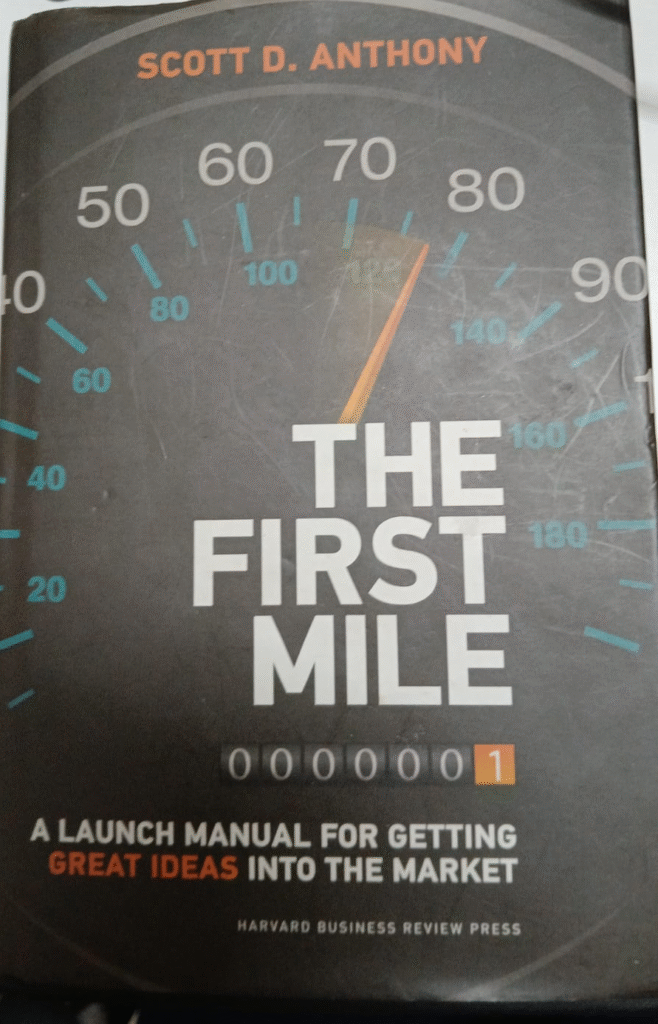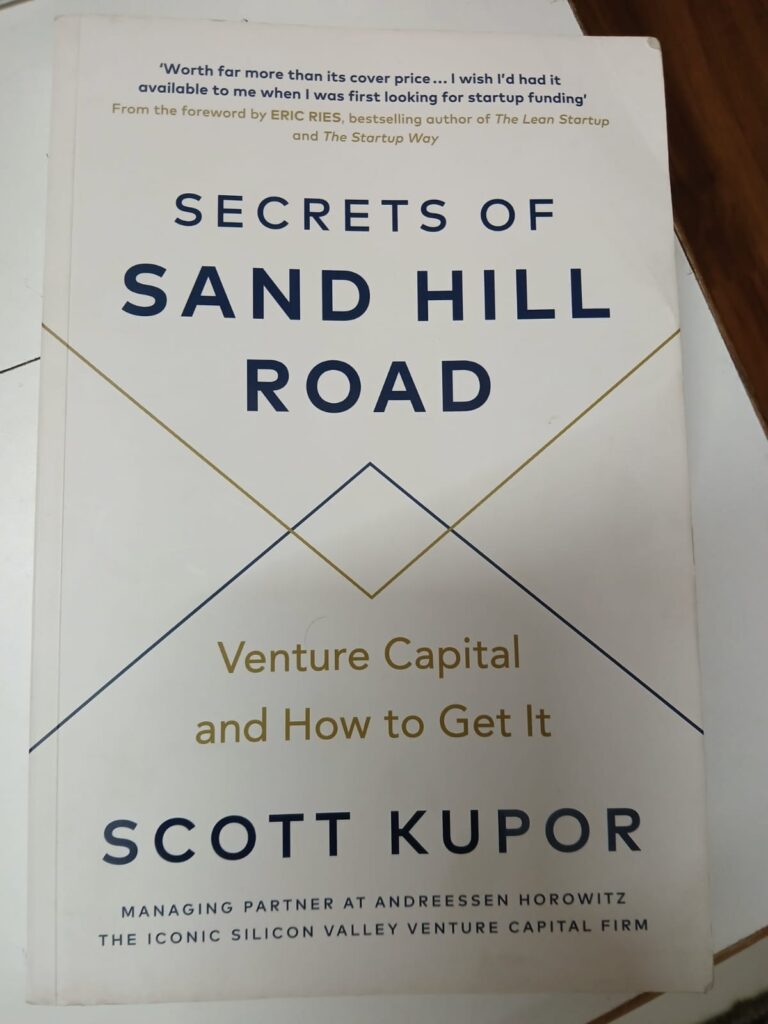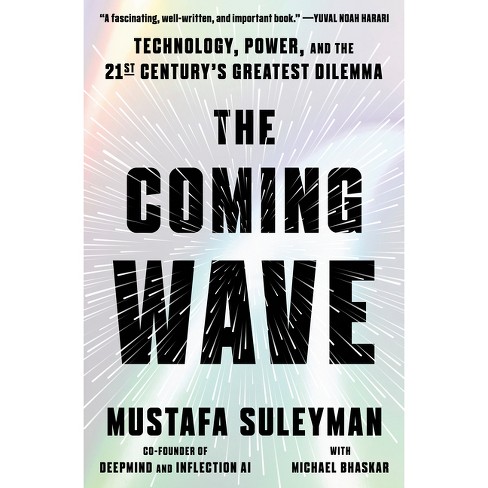
Starting a new venture always feels exciting, but the real test happens in what Scott D. Anthony calls “the first mile”—that leap from idea to reality. Reading this book was especially useful for students and aspiring entrepreneurs, since the first mile is where mistakes (and big learning) often happen.
What Makes the First Mile So Important?
Anthony shows that ideas aren’t the problem—it’s the process that trips most people up. The first mile is where hopes are high but risks are hidden, and getting through it needs more than optimism—it needs a plan and discipline.
The DEFT Framework (Made Simple)
The book’s DEFT approach is a handy guide to taking an idea and nurturing it safely:
- Document: Write out the details—what makes your idea unique and what needs to go right.
- Evaluate: Question your assumptions and get real about what’s uncertain.
- Focus: Prioritize the biggest risks and pick the few issues that really matter.
- Test: Use small, fast experiments to turn guesses into facts before investing too much.
The Four First Mile Challenges
Anthony warns that there are four classic mistakes innovators make in the early stage, and he gives advice on how to dodge each one:
- Making a Wrong Turn
This challenge is about heading down the wrong path—maybe due to weak research or wishful thinking. To avoid this, founders should run tests early and use honest feedback to adjust their direction. Quick experiments save time and prevent costly detours . - Running Out of Fuel
This means burning through resources (like cash, energy, or team focus) before getting traction. Anthony urges entrepreneurs to be disciplined: spend only on clear proof points and review progress regularly so you don’t run dry before reaching your first real wins. - Picking the Wrong Driver
Having the wrong people in charge—or a mismatched leadership team—can make a strong idea stumble. It’s critical to match the project’s needs with the team’s strengths, and, if necessary, adjust roles or bring in new talent as the project evolves. - Premature Scaling
Trying to grow too soon, before validating key assumptions, is deadly. Anthony explains that scaling should only happen when the essentials (like product fit, market demand, and a repeatable process) are in place. Scale comes after proof, not before.
Some Practical Tips
- Use maps and scorecards to rank risks and decide what to tackle next.
- Try different types of experiments (like quick interviews or small pilots) so mistakes are cheap and lessons are quick.
- Keep learning as your core metric—progress isn’t just sales, but how much uncertainty you’ve reduced each week.
Why This Matters for Students and New Founders
This book is not full of fancy jargon but gives step-by-step ways to turn confusion and risk into clarity. If you read just one chapter—or remember a single habit—make it about picking one critical risk at a time and testing it quickly. That’s how you’ll make every mile count.
If you want the journey through your first mile to be smoother, Anthony’s honest advice (and the DEFT method) is a good starting point. It’ll help you travel farther without falling into these common traps. It is a good complement to the Lean Startup appraoch.


